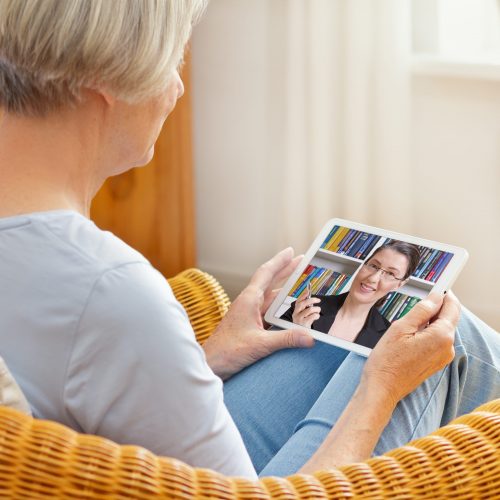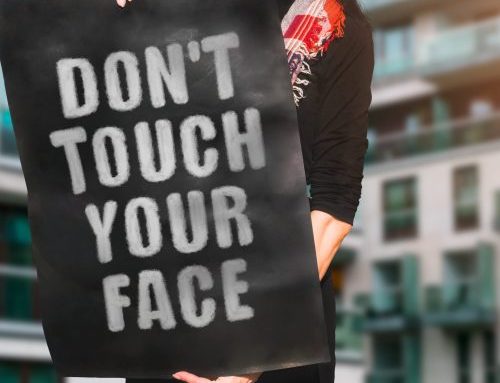By now you have likely heard about the challenges associated with accessing healthcare during the COVID-19 pandemic and orders for social distancing – messages abound regarding the dangers of overloading our healthcare system. Thankfully, this does not mean you have to be restricted from accessing mental health care. Therapy – and even group therapy – can still be available to you.
For many, this is an especially anxiety-provoking time. Children and teens are faced with school closures for an unknown period of time. Initial excitement about the time off may give way to anxiety about unstructured online learning, cancelled proms, or postponed graduation ceremonies. Adults facing lay-offs or reduced hours may worry about financial and economic consequences. Parents desperately juggle their “work hats” and “homeschool teacher hats.” Those who are pregnant, immunocompromised, or elderly – and their loved ones – worry about their health while wondering how they will fight the crowds to get the food and supplies they need. Others have fallen ill and fear leaving their home except to see their medical doctors. Maybe you are one of the healthcare providers working overtime to care for the influx of patients and burnout is looming. Together we all wonder, when will life return to normal? What will “normal” look like?
These unprecedented circumstances can stir up a number of complex feelings. Fear, anxiety, panic, worry, depression, stress, anger, sadness, hopelessness – the list goes on. It is harder to access the usual self-care activities. Gyms are closed. It is difficult to gather in a restaurant, bar, or movie theater. Worship gatherings are cancelled. Restrictions continue to tighten. It is more important now than ever before, to take care of your mental health. The great news is, you do not need to leave your home to access it.
If you have a telephone or a computer and internet, you can access mental health services. Many therapists are now offering “teletherapy,” which is therapy provided via phone or through a live video conferencing program. Think of programs like Skype, Facetime, or Zoom. Therapists offering teletherapy will typically use a similar program that is HIPAA compliant (which means the data is encrypted so your personal health information is well protected). You and your therapist can still see each other and talk to each other – all from the comfort of your home (or, the quietest, calmest corner of your basement).
Please reach out if you or someone you know would benefit from mental health care at this time. It is not out of reach, and you do not have to wait until “this all blows over.” Social distancing does not mean you have to neglect your mental health.
Dr. Amy King has spent the last few weeks learning all she can about the best methods for practicing online counseling, also called teletherapy, and sharing it with the rest of Grace Counseling’s counselors. All of our counselors want to continue to help our clients, and our community, during these unprecedented times. Please call us at (720) 489-8555 or request an appointment if you would like to speak with one of our counselors.





